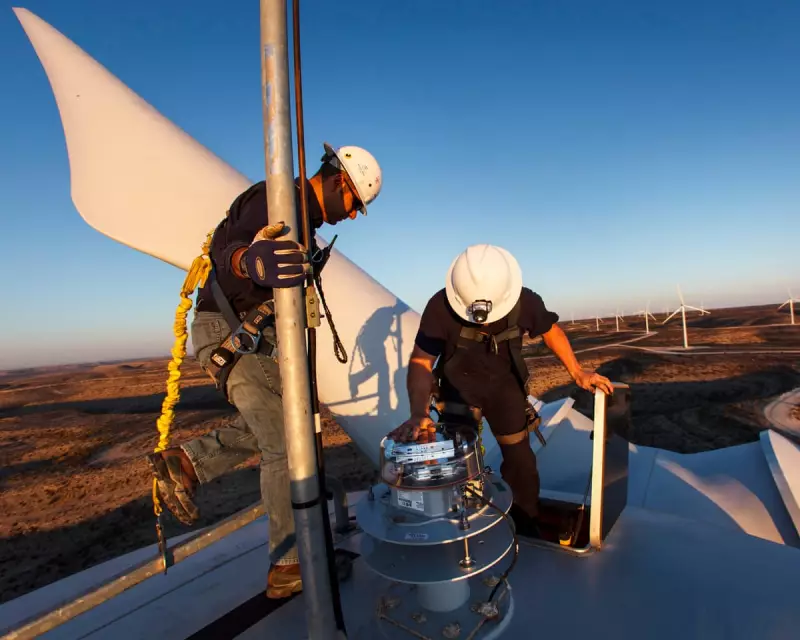
In a significant strategic shift, BP has finalised a deal to divest its US onshore wind energy business, signalling a recalibration of its renewable energy portfolio. The move comes as the oil and gas giant reassesses its investments in low-carbon projects amid changing market conditions.
The sale, which includes multiple wind farms across the United States, underscores BP's evolving approach to the energy transition. While the company remains committed to reducing carbon emissions, it appears to be prioritising other renewable sectors over onshore wind in the US market.
Strategic Realignment
Industry analysts suggest this decision reflects BP's focus on higher-return renewable investments, particularly in offshore wind and biofuels. The company has recently emphasised the need for disciplined capital allocation across its diverse energy portfolio.
"This transaction allows us to redirect resources to areas where we see stronger growth potential and competitive advantage," a BP spokesperson commented, while reaffirming the company's net-zero ambitions.
Market Implications
The deal arrives as many traditional energy companies face investor pressure to balance renewable expansion with profitability. BP's move may prompt similar reassessments by other oil majors with substantial wind energy holdings.
Financial terms of the transaction remain undisclosed, though sources indicate the sale includes operational wind farms and development projects across several US states. The buyer has not been officially named, but reports suggest a specialist renewable energy firm is acquiring the assets.
This development comes just two years after BP pledged to become a net-zero company by 2050, with former CEO Bernard Looney championing an aggressive renewable energy strategy. The current leadership maintains that this sale doesn't represent a retreat from climate commitments, but rather a refinement of approach.





